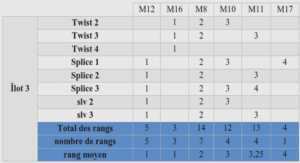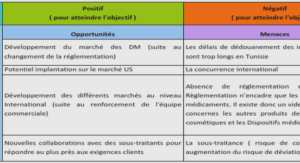What is Organic Farming ?
Organic farming works in harmony with nature rather than against it. This involves using techniques to achieve good crop yields without harming the natural environment or the people who live and work in it. The methods and materials that organic farmers use are summarised as follows:To keep and build good soil structure and fertility:
• recycled and composted crop wastes and animal manures
• the right soil cultivation at the right time
• crop rotation
• green manures and legumes
• mulching on the soil surface
A modern approach to farming
Organic farming does not mean going ‘back’ to traditional methods. Many of the farming methods used in the past are still useful today. Organic farming takes the best of these and combines them with modern scientific knowledge.
Organic farmers do not leave their farms to be taken over by nature; they use all the knowledge, techniques and materials available to work with nature. In this way the farmer creates a healthy balance between nature and farming, where crops and animals can grow and thrive.
To be a successful organic farmer, the farmer must not see every insect as a pest, every plant out of place as a weed and the solution to every problem in an artificial chemical spray. The aim is not to eradicate all pests and weeds, but to keep them down to an acceptable level and make the most of the benefits that they may provide.
Combined techniques
On an organic farm, each technique would not normally be used on its own. The farmer would use a range of organic methods at the same time to allow them to work together for the maximum benefit. For example the use of green manures and careful cultivation, together provide better control of weeds than if the techniques were used on their own.
Crop nutrition
To produce a healthy crop an organic farmer needs to manage the soil well. This involves considering soil life, soil nutrients and soil structure.
Artificial fertilisers provide only short term nutrient supply to crops. They encourage plants to grow quickly but with soft growth which is less able to withstand drought, pests and disease. Artificial fertilisers do not feed soil life and do not add organic matter to the soil. This means that they do not help to build good soil structure, improve the soils water holding capacity or drainage.
The soil is a living system. As well as the particles that make up the soil, it contains millions of different creatures. These creatures are very important for recycling nutrients.
Feeding the soil with manure or compost feeds the whole variety of life in the soil which then turns this material into food for plant growth. This also adds nutrients and organic matter to the soil. Green manures also provide nutrients and organic matter. These are plants with high nitrogen content that are sown as part of a rotation and are dug into the soil when young.



